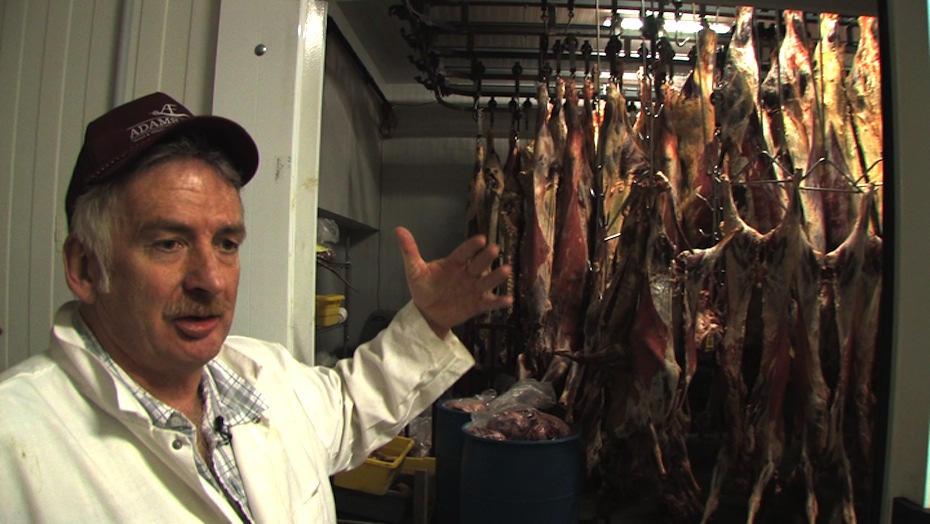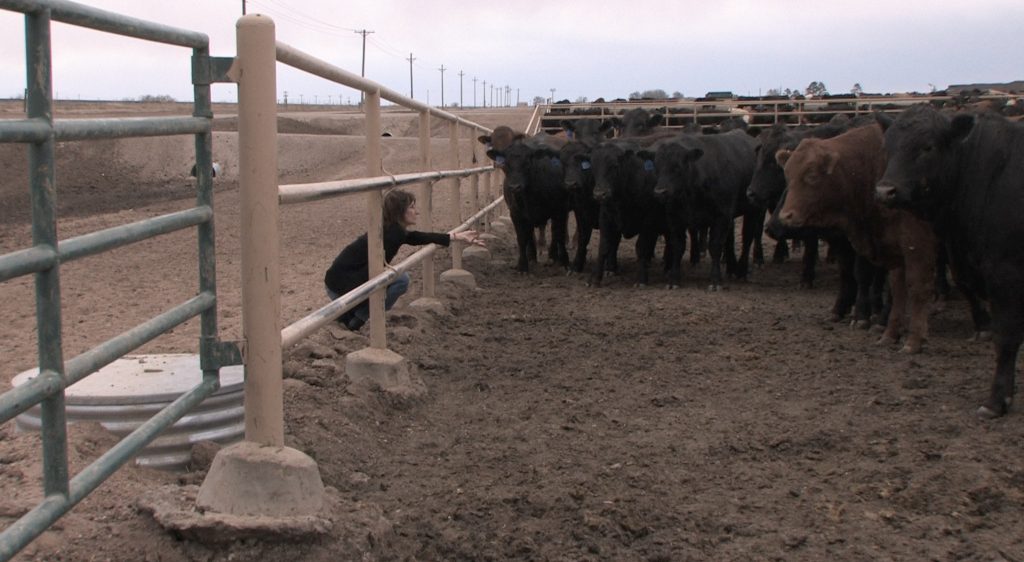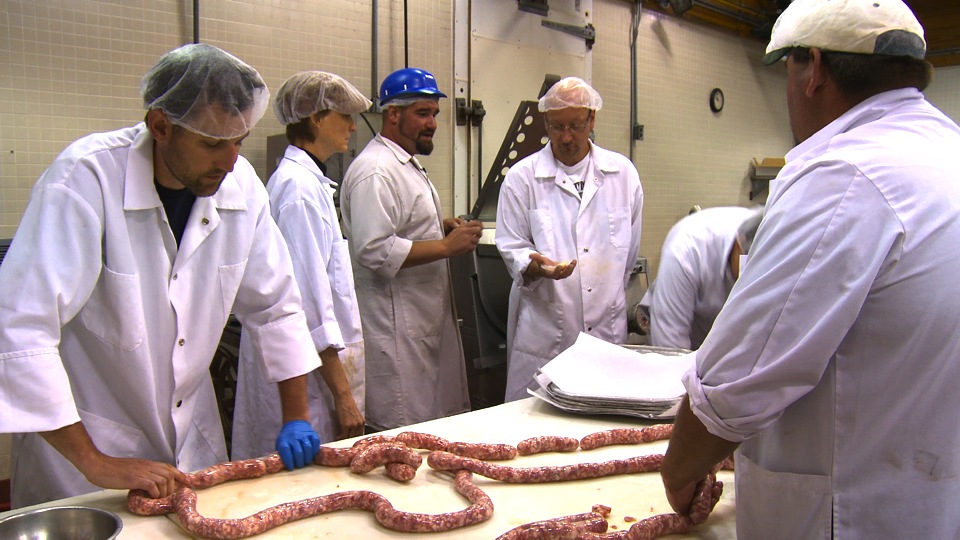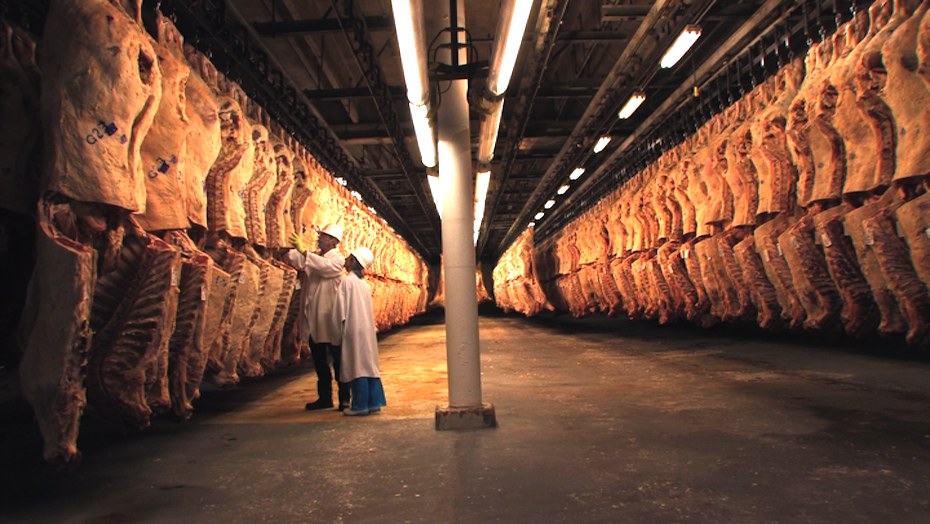Since being back from Malawi, I’ve been doing a lot of thinking about the amount of meat that is consumed on a daily basis in most developed nations. And I pose this question not only about how many animals are raised in the industrial sector, but also on smaller farms.

One of the themes in Farm and Red Moon is for consumers to ask more questions about where their food is coming from. In a recent article in The Boston Globe, Dr. Sushrut Jangi says that the “best chance for reforming the Western diet begins with teaching the next generation.” When I was growing up in the 60s and 70s, my awareness of where my food came from was limited to what was on grocery store shelves. I did consider, nor was I encouraged to consider, where the food items on these shelves were coming from.

Farm and Red Moon strives to promote a dialogue about the extent to which meat is the main feature of our meals. As long as we continue to showcase a cut of meat on our dinner plate with a “side” of vegetables, we will continue to put our environment in peril. It takes a lot of land and water to sustain a large herd of cattle. But this is not sustainable for our planet going forward.
Laura Kehoe, a researcher for wildlife conservation, writes in The Ecologist, that “reducing our meat intake could result in two thirds less food-related CO2 emissions, and save millions of lives.”
Farm and Red Moon hopes to create a conversation that goes beyond the binaries of the “meat-eating debate.” In taking a position at either extreme, it is easy to overlook the subtleties in the more gray areas. A recent article in National Geographic explores the costs and benefits of what would happen if everyone stopped eating meat. For example, some of the costs include millions of people being out of work, cultural identities being permanently changed, and the world’s poor losing their most calorie-rich food.

Eliminating meat from our diet would not be sustainable for many reasons; however, reducing our consumption of animal products could have a wide range of benefits for our economy, environment, and health.

